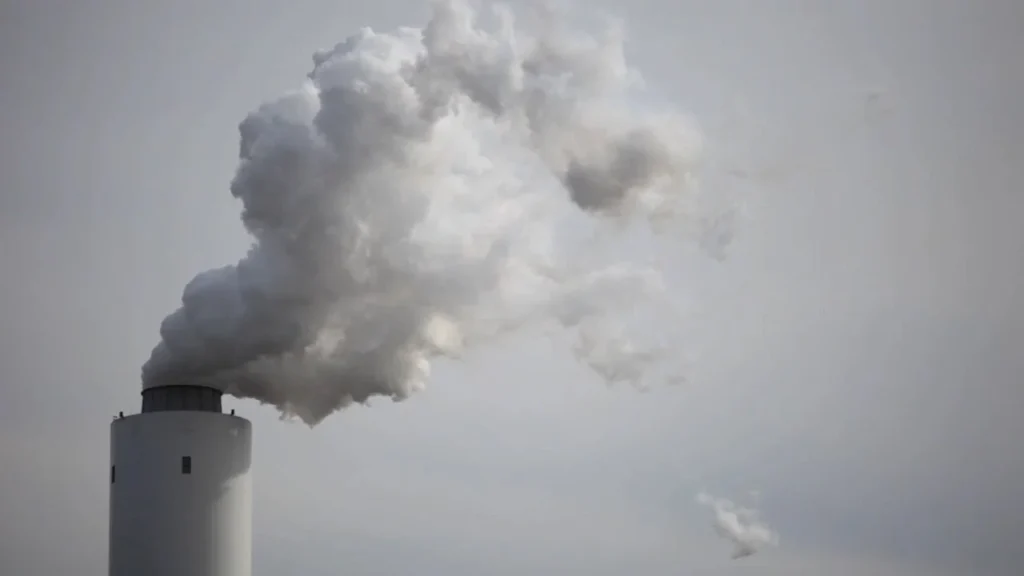The government of Canada’s Emissions Reduction Plan provides the most comprehensive national climate action roadmap to date. It is an improvement from previous climate plans, which largely ignored the two most polluting sources of greenhouse gas emissions in Canada: road transportation and the production of oil and gas.
Unfortunately, the level of ambition reflected in this plan continues to fall short.
Most importantly, this plan lets the oil and gas sector off from doing its fair share. Avoiding catastrophic climate change requires winding down production of oil and gas over the next decade. Though the plan does set a target level for emissions from the sector – a first – the target is far weaker than Canada’s climate commitments on the whole. As a result, other sectors of the economy will be forced to work even harder to compensate. When Canada introduces the new cap on emissions from the oil and gas sector later this year, it must be stronger than what was released in today’s plan.
Similarly, Canada’s commitment to a zero-emissions vehicle sales mandate is welcome, though the targets could be more aggressive. Continued investment in electric vehicle charging stations and consumer incentives to help with affordability are also good initiatives. But it’s unfortunate to see that Canada’s target for medium and heavy duty vehicles has been reduced to an aspirational target, when these vehicles are responsible for a large and rising share of emissions.
Missing from today’s plan is a clear roadmap on how Canada will ensure the transition off of fossil fuels is fair to workers and communities who will be impacted. The targeted programs detailed in the plan are welcome, but do not replace promised just transition legislation and the creation of a dedicated federal body to ensure no one is left behind.
Finally, Canada is still not spending what it takes to successfully scale up proven climate solutions and transition the country towards a clean energy future. The Emissions Reduction Plan includes $9 billion in new investments, to be spent over years. That’s just half of the level of public support announced for the oil and gas sector in 2020.
At the base of this plan is a significant oversight: to build a good roadmap, you need the right destination. Basing this plan on the country’s inadequate 2030 greenhouse gas emissions reduction target means that it still falls short. Canada should be making plans that represent our fair share in the fight against climate action.
About ENVIRONMENTAL DEFENCE (www.environmentaldefence.ca): Environmental Defence is a leading Canadian advocacy organization that works with government, industry and individuals to defend clean water, a safe climate and healthy communities.
Background on the federal emission reductions cap for oil and gas: https://environmentaldefence.ca/report/emissions-cap-explainer/
-30-
For more information or to arrange an interview, please contact:
Barbara Hayes, Communications Manager, bhayes@environmentaldefence.ca






